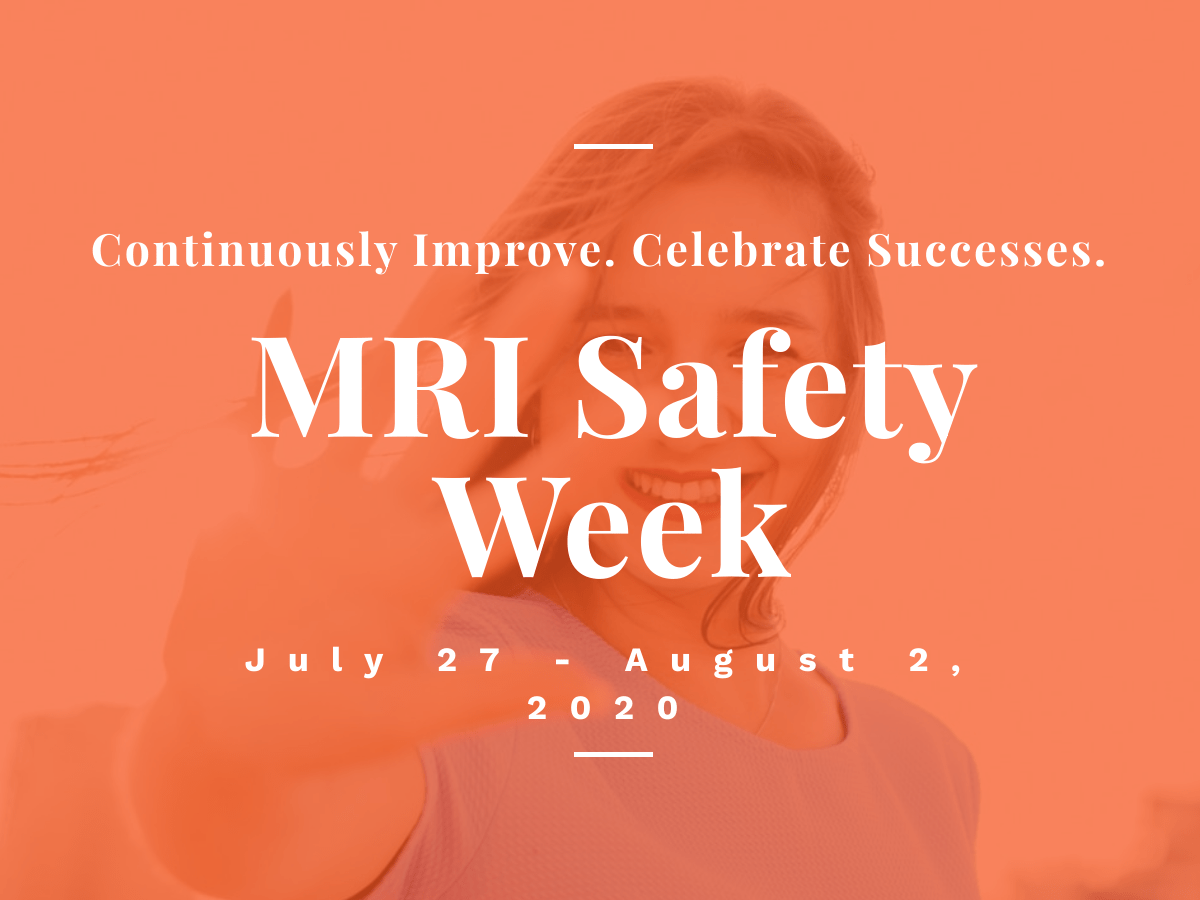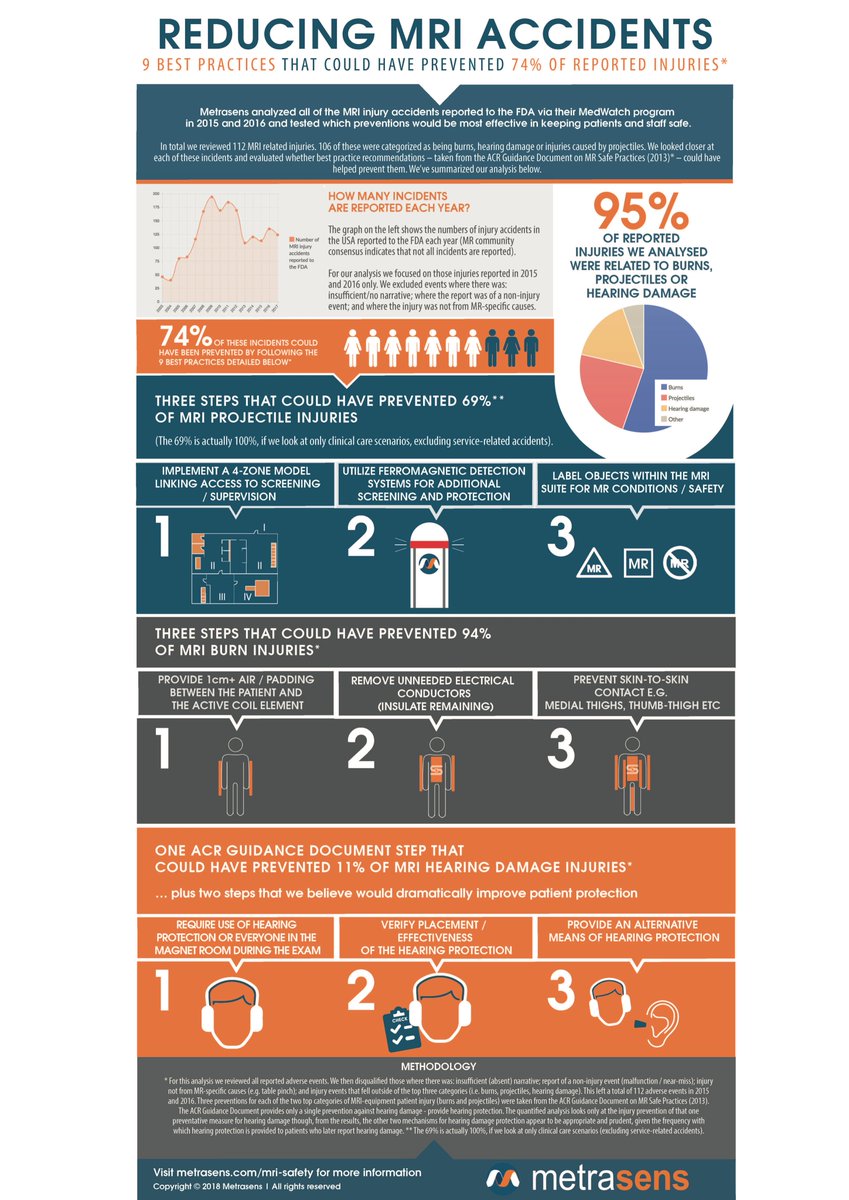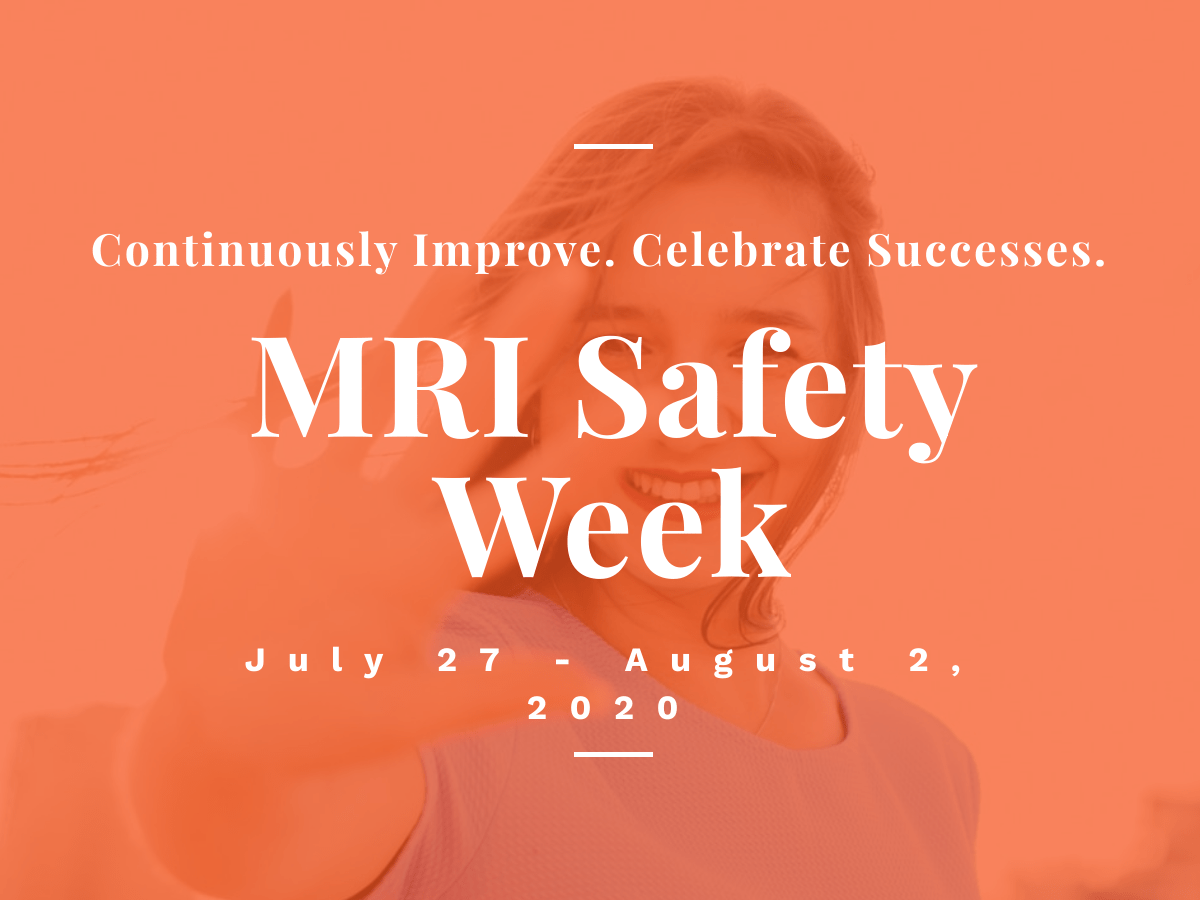#MRIsafety #MRI #Radiology #PatientSafety
(1/11)

Well a lot of elements baked into that conventional wisdom have been shifting over time...
(2/11)
(4/11)
(5/11)
(6/11)
(8/11)
(9/11)
(10/11)

(11/11) fin.




Keep Current with Tobias Gilk, MRSO, MRSE
This Thread may be Removed Anytime!
Twitter may remove this content at anytime, convert it as a PDF, save and print for later use!

1) Follow Thread Reader App on Twitter so you can easily mention us!
2) Go to a Twitter thread (series of Tweets by the same owner) and mention us with a keyword "unroll"
@threadreaderapp unroll
You can practice here first or read more on our help page!